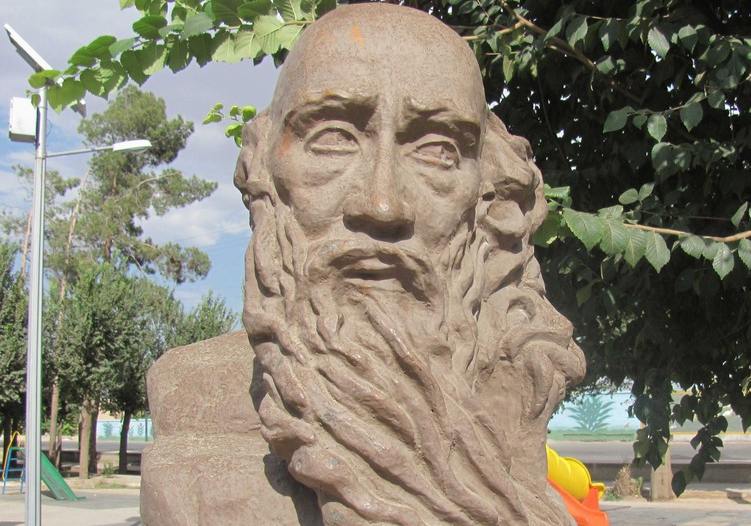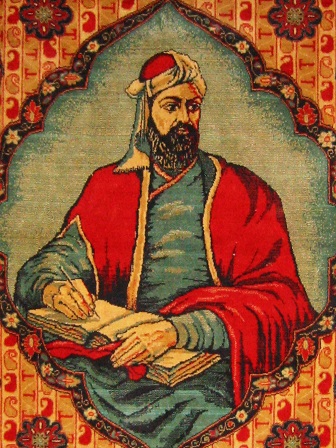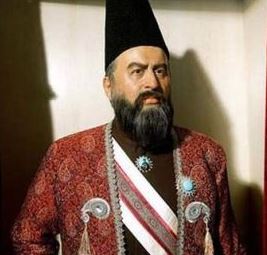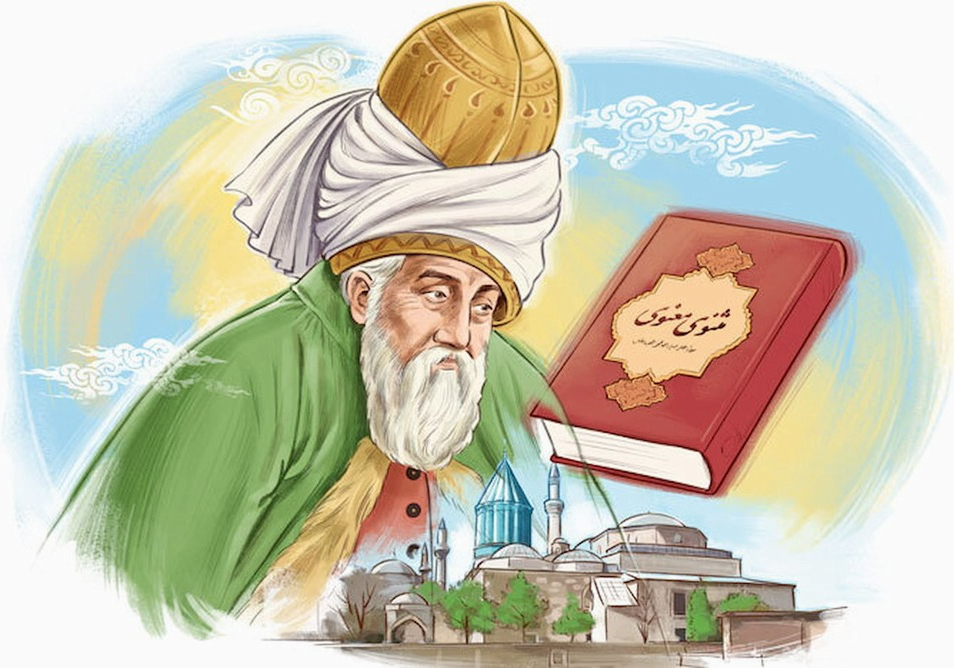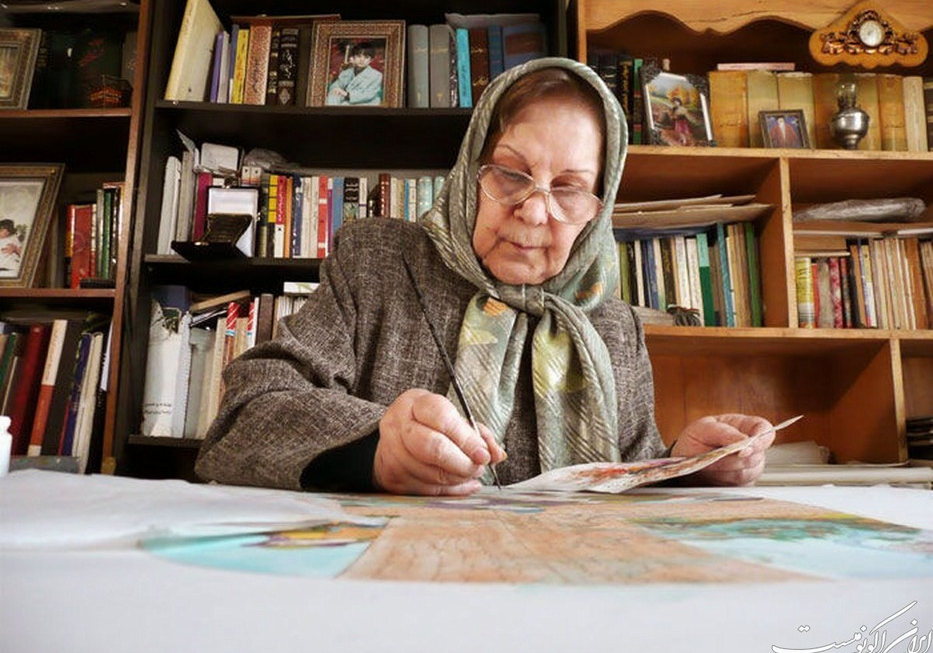_crop_28.jpg)
Sohrevardi: The Founder of School of “Ishraq” (Illuminationism)
The word Ishraq means light, but for the illuminationist thinkers Ishraq means the revelation and intuition or the appearance of intellectual lights and their grace on the human soul. What is meant by Ishraq philosophy is the philosophy that was founded by Sheikh al-Ishraq Shahabuddin Sohrevardi. From the viewpoint of Sheikh al-Ishraq, a true philosopher is someone who, in addition to mastering philosophical foundations and formal logic, can go through the levels of spiritual perfection and find the talent of manifesting divine lights by purifying his soul and his inner being. In his books, Sohrevardi emphasizes that his philosophy is for those who, in addition to engaging in philosophical debates, are also looking for experiencing the truths of the higher world. He considers the precondition of understanding his philosophy to be the shining of a divine spark on the reader’s heart. He also emphasizes: those who only seek philosophical discussions and are not looking for discovering the divine illumination, should better follow the Peripatetic school philosophy.
In the opinion of Sheikh al-Ishraq, illuminationism can only take place by undergoing the hard task of purification of the soul. There has been a distinction between “Mashsha’” (peripatetic school) and “Ishraq” (illuminationism) in the Islamic philosophy for a long time. As a matter of fact, the followers of Aristotle are generally called Mashsha’i and the followers of Plato are called “Ishraqi” (illuminationist). Among the Islamic philosophers, Kandy, Farabi, Ibn Sina (Avicenna), Khwaja Nasir al-Tusi, and Ibn Rushd are considered to be the proponents of Mashsha’i philosophy. In the Islamic world, the Mashsha’i philosophy is known as Ibn Sina’s school of philosophy.
The Difference between the Schools of Ishraq (Illuminationism) and Mashsha’ (Peripatetic)
As pointed out earlier, it has been popularly believed that the origin of the Philosophy of Ishraq goes back to Plato. However, Ayatollah Motahhari emphasizes that the belief that Plato, like Sheikh al-Ishraq, was in favor of spiritual purification and considered asceticism, austerity, and heartfelt observation to be important means of wisdom and philosophy, is highly questionable. From his point of view, it is not at all clear that Plato was known as an illuminationist person in his time or even in the times close to his time, and it is not even clear that the word Mashsha’i (Peripatetic) was exclusively attributed to Aristotle and his followers. However, what is certain is that Sheikh al-Ishraq, influenced by the Gnostics and mystics of the Islamic world, had chosen his own philosophical method, and, of course, had added his own initiatives to them in an acceptable way and presented a new philosophy. Unlike the Mashsha’i school, the Ishraqi school does not have any other great philosophers other than Sheikh al-Ishraqi himself, and only a few philosophers who had the Ishraqi tendencies have written commentaries on his books. Some people, however, do believe that Mulla Sadra, the founder of the greatest and most important philosophical school in the Islamic world, was strongly influenced by Sohrevardi’s philosophy of enlightenment. Qutb al-Din Shirazi and Shams al-Din Shahrzuri are among those who have written commentaries on the books of Sheikh al-Ishraq, and their commentaries are of interest to those interested in Ishraqi philosophy.
A Brief Biography of Sohrevardi
Nicknamed Al-Moayyed Bilmalkut and known as Sheikh al-Ishraq, Sohrevardi was born in his hometown of Sohrevard in the Zanjan region of Iran in the year 1154 CE. He studied the principles of jurisprudence under Sheikh Majaduddin Jili and Fakhruddin Mohammad Razi in Maragheh and became proficient in “Hiskmat” (philosophical wisdom). He also spent several years traveling and studying in Iraq and Syria and excelled in occult. He then went to Isfahan and studied logic under Zahir al-Din Farsi. It was in this city that he got to know about Ibn Sina’s thoughts for the first time. He also studied under Taheruddin Qari. During his trip to Mardin, a region in Türkiye, he visited the famous mystic and sage Fakhruddin Mardini. He also made a trip to Aleppo where he met Salah ad-Din Ayyubi who asked him to stay in his court. Sohrevardi accepted his offer and settled in the court of Aleppo. However, since he found many opponents among the so called scholars of the time, he was imprisoned by order of Salah al-Din Ayyubi in the year 1191 CE and was subsequently killed at the age of 38. He was buried in the Syrian city of Aleppo. According to historical sources, he died of hunger and thirst in the prison of Malek Zahir Ayyubi and became known as the Martyred Sheikh. Mahmoud Qutbuddin Shirazi, Hossein Nasr, Gholamhossein Ebrahimi Dinani, Hassan Seyyed Arab, Taghi Pournamdarian, and Mohammad Karimi Zanjani Asl can be mentioned among the people who have studied the life and works of Sheikh al-Ishraq.
| Name | Sohrevardi: The Founder of School of “Ishraq” (Illuminationism) |
| Country | Iran |
| Nickname | Sheikh al-Ishraq |
| Production Time | 1154 CE |
| Works | Al-Hikmah al-Ishraqi |
| Type | Academic |

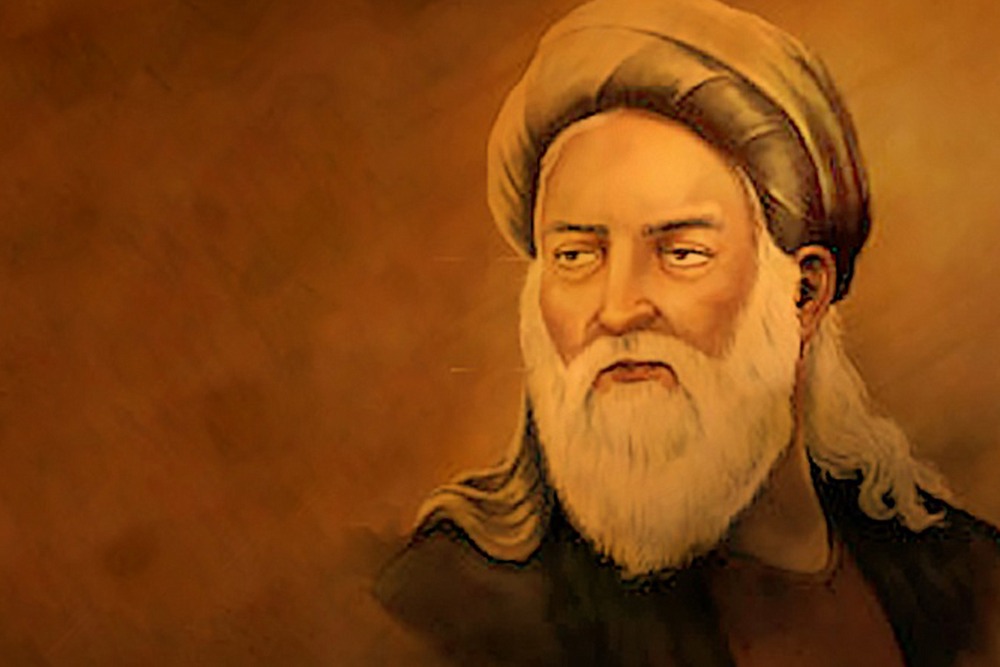
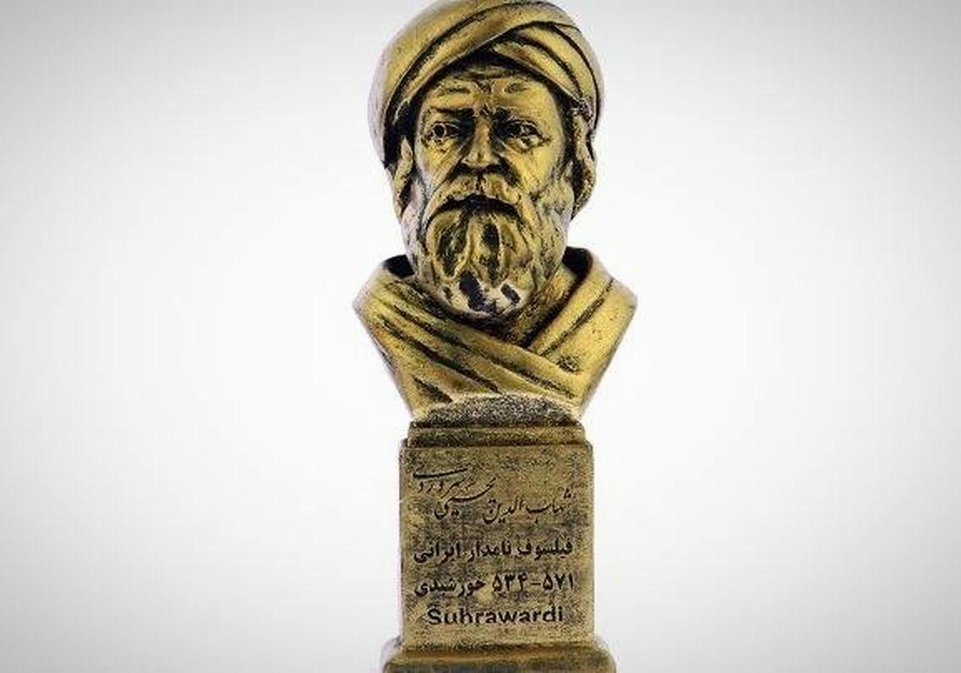



Choose blindless
Red blindless Green blindless Blue blindless Red hard to see Green hard to see Blue hard to see Monochrome Special MonochromeFont size change:
Change word spacing:
Change line height:
Change mouse type:
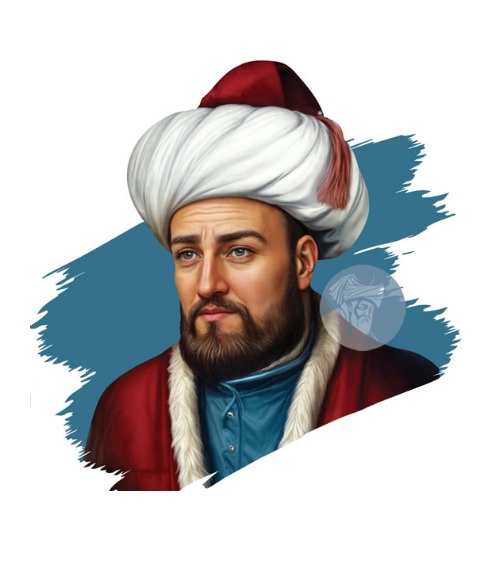


(b)_crop_8.jpg)

